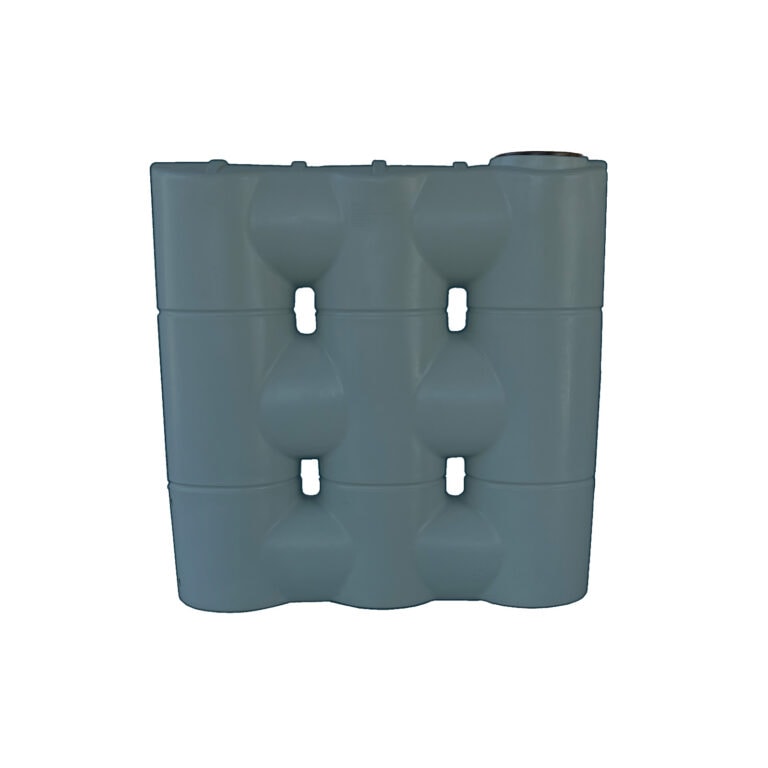Just How Slimline Water Tanks Enhance Your Home's Water Performance
Just How Slimline Water Tanks Enhance Your Home's Water Performance
Blog Article
Discover the Importance of Rainwater Storage Tanks for Lasting Water Conservation Efforts
In the realm of sustainable water preservation, the utilization of rainwater containers stands as a pivotal practice that benefits closer exam. The importance of rain storage tanks goes beyond mere storage space; it embodies a proactive technique towards ecological stewardship and resource management. By exploring the complex advantages of rain harvesting, an extensive understanding of its possible influence on water preservation initiatives arises. Through a lens of usefulness, environmental awareness, and public health, the assimilation of rainwater tanks introduces a tapestry of interconnected benefits that prolong far past the surface area.
Advantages of Rain Tanks
Utilizing rainwater tanks provides a useful remedy for lasting water management by taking advantage of nature's resources effectively. Rain tanks accumulate and store rainwater that drops on rooftops, which can then be utilized for different non-potable purposes, such as irrigation, cleaning garments, flushing commodes, and even for some drinkable usages with appropriate therapy. One of the vital benefits of rain containers is the reduction of demand on keys supply of water, particularly during completely dry seasons or droughts.
Environmental Impact of Rainwater Harvesting
Rain harvesting through the use of containers offers a lasting water administration experiment favorable ecological implications. By recording rainwater, this approach helps in reducing the need for keys water supply, thus relieving the concern on water treatment plants and lowering energy intake connected with water circulation. Furthermore, rain harvesting aids in mitigating city flooding and disintegration by minimizing the quantity of stormwater overflow. This process likewise contributes to groundwater recharge, which is essential for keeping water levels in wells and springtimes, specifically in areas prone to drought.
In addition, rainwater harvesting advertises water conservation and decreases reliance on limited water sources. It reduces contamination in water bodies by diverting rainwater away from paved surface areas where it can get contaminants prior to entering waterways. Implementing rainwater tanks additionally lowers the pressure on environments by lessening the removal pressure on rivers and streams. Overall, the ecological effect of rain harvesting highlights its value ahead of time lasting water management techniques.
Rainwater Containers for Residential Use
Having highlighted the ecological advantages of rainwater harvesting, the focus currently shifts to the useful application of rainwater containers for property water preservation (Slimline water tanks). Rain tanks play a critical role in residential water management by catching and keeping rainwater that drops on the roof of a residence. These tanks can vary in dimension and material, supplying homeowners versatility in choosing a system see it here that fits their needs
Among the main benefits of making use of rainwater storage tanks in residential settings is the decrease in dependence on mains water system. By collecting rain for non-potable uses such as watering yards, washing vehicles, purging bathrooms, and doing washing, families can dramatically decrease their general water consumption and utility bills. Furthermore, rainwater is normally without the chemicals found in cured water, making it a more effective selection for certain home tasks.
Additionally, rainwater harvesting systems can assist alleviate city flooding and disintegration by lowering stormwater overflow. By catching rain in tanks, much less water moves into tornado drains pipes, decreasing the strain on local water drainage systems during hefty rains. On the whole, incorporating rainwater tanks into household properties adds to sustainable water preservation initiatives and advertises self-sufficiency in water management.

Economic Benefits of Utilizing Rain Storage Tanks
The economic advantages linked with advice the execution of rain storage tanks in household and industrial setups are significant and diverse. One of the main financial advantages of utilizing rainwater containers is the reduction in water costs. By gathering and keeping rainwater for different non-potable usages such as watering, toilet flushing, and laundry, homeowner can dramatically lower their reliance on mains water supply, leading to significant expense savings with time.
In addition, the installation of rainwater containers can raise residential or commercial property value. In today's environmentally conscious market, buildings equipped with lasting features like rainwater harvesting systems are often much more attractive to possible buyers, commanding greater selling prices and faster sale times.
In addition, rain containers can help services and house owners minimize the influence of water restrictions and varying water rates. By having an additional water resource during dry spells or durations of increased water costs, people and organizations can much better handle their water-related expenses and maintain operational connection. On the whole, the financial advantages of using rainwater containers make them a sensible financial investment for long-lasting cost savings and sustainability.
Community Sustainability Via Rainwater Collection
Considering the more comprehensive impact beyond private benefits, the assimilation of rain collection systems in areas plays an essential duty in cultivating ecological sustainability and resource administration. Community sustainability via rain collection initiatives not just help in lowering the stress on municipal water sources yet also helps in alleviating the effects of urbanization on local water supply. By setting up rainwater containers web in public buildings, parks, and communal rooms, communities can decrease their dependence on centralized water sources, leading to an extra resistant water during dry spells or emergencies.
In addition, community-level rainwater harvesting promotes a feeling of cumulative duty towards water conservation. Eventually, neighborhood sustainability with rain collection not only profits the existing generation however additionally guarantees a much more sustainable future for generations to come.

Conclusion

Report this page